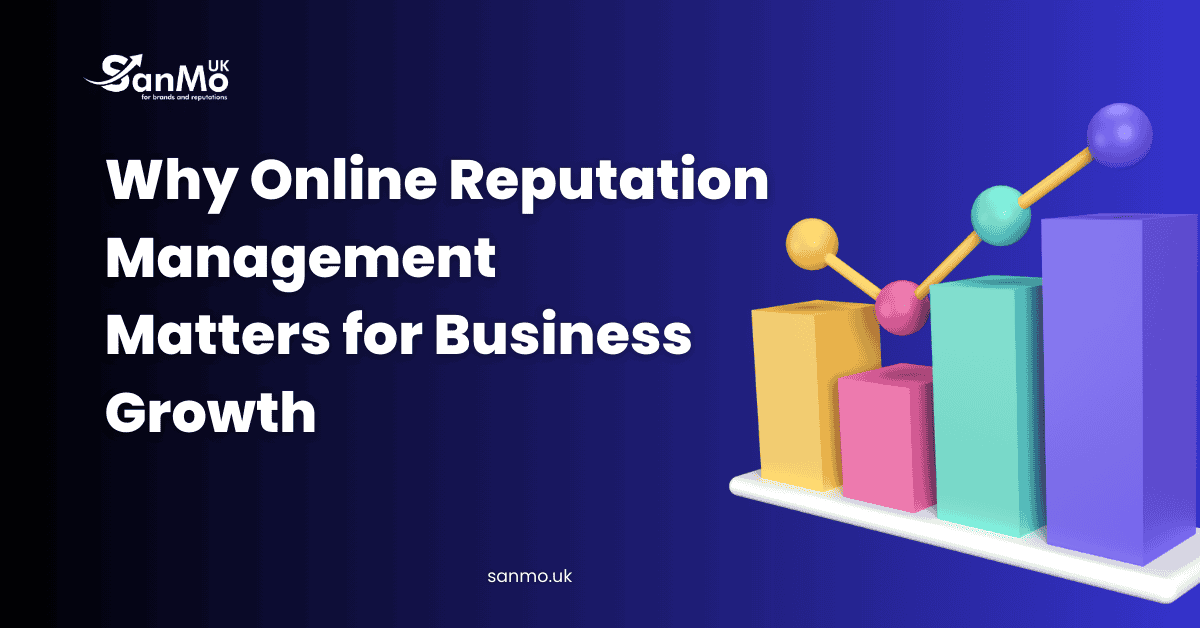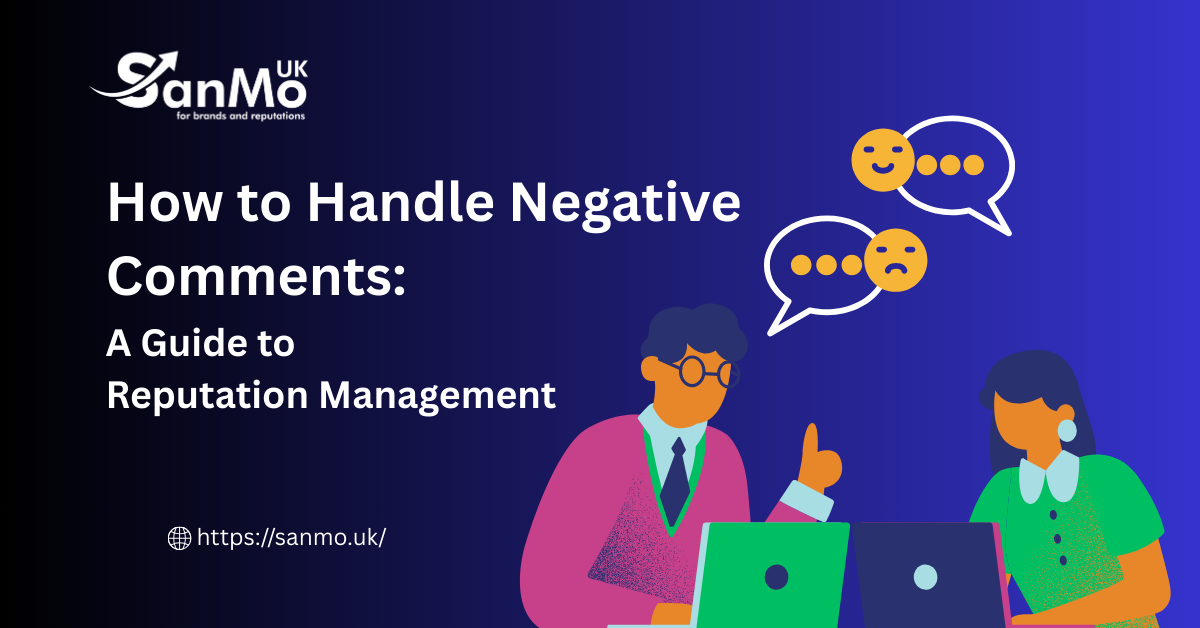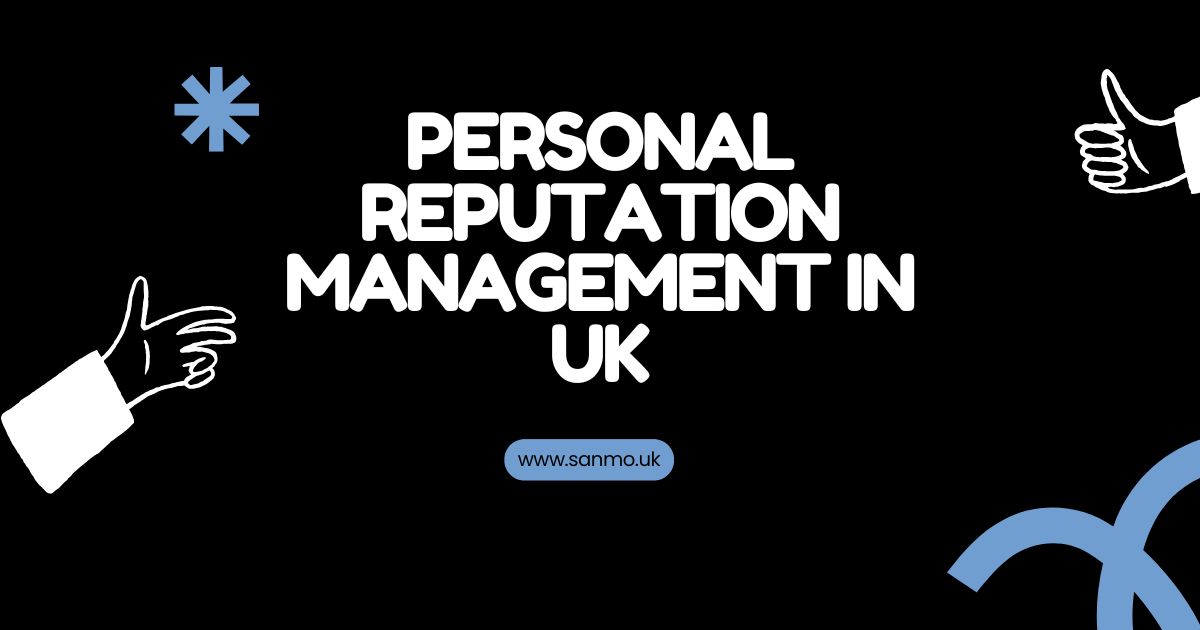Your business’s reputation isn’t just about what you say—it’s about what everyone else is saying about you. Every Google review, social media mention, and news article shapes how potential customers perceive your brand. One negative review can spread faster than wildfire, while positive feedback can become your most powerful marketing tool.
Online reputation management has evolved from a nice-to-have service to an absolute necessity for businesses of all sizes. Whether you’re a local restaurant dealing with a harsh Yelp review or a multinational corporation managing a PR crisis, your digital reputation directly impacts your bottom line.
Studies show that 93% of consumers read online reviews before making a purchase decision, and businesses with excellent online reputations can charge up to 9% more for their products and services. This means your brand reputation isn’t just about perception—it’s about profitability.
The digital landscape moves at lightning speed. A single tweet, review, or viral video can transform your business overnight, for better or worse. Smart businesses don’t wait for reputation disasters to strike. They proactively manage their online presence, monitor what’s being said about them, and have strategies in place to address both positive and negative feedback.
What Is Online Reputation Management?
Online reputation management is the practice of monitoring, influencing, and maintaining how your business appears across digital platforms. This encompasses everything from Google search results and review sites to social media platforms and news articles.
At its core, reputation management services focus on three key areas: monitoring your brand mentions across the internet, responding to feedback and reviews, and implementing strategies to improve your overall digital presence. This isn’t just about damage control—it’s about actively building a positive brand image that attracts customers and builds trust.
The scope of online reputation management extends far beyond simply responding to negative reviews. It includes search engine optimization to ensure positive content ranks higher in search results, social media management to maintain consistent brand messaging, and content creation to showcase your business’s values and expertise.
Professional reputation management services use sophisticated tools to track mentions of your brand across millions of websites, social platforms, and review sites. They analyze sentiment, identify trending topics, and provide actionable insights to help businesses make informed decisions about their digital strategy.
The High Cost of a Damaged Brand Reputation
The financial impact of a poor online reputation can be devastating. Research indicates that a single negative review can drive away approximately 22% of potential customers. When that number climbs to three negative reviews, nearly 60% of consumers will look elsewhere for their needs.
Consider the case of a restaurant that receives a viral negative review about food poisoning. Within hours, that review can be shared thousands of times across social media platforms, permanently damaging the establishment’s reputation and potentially forcing it to close its doors. This isn’t just theoretical—it happens to businesses every day.
The consequences extend beyond immediate lost sales. A damaged reputation makes it harder to attract top talent, secure partnerships, and obtain favorable terms from suppliers or lenders. Investors and stakeholders lose confidence, which can impact everything from stock prices to future funding opportunities.
Recovery from reputation damage is not only possible but often more expensive than prevention. Reputation repair requires significant time, resources, and expertise to rebuild consumer trust. Businesses may need to invest in extensive marketing campaigns, offer substantial discounts to win back customers, and implement comprehensive customer service improvements.
The legal implications can also be substantial. Defamatory content, false reviews, and malicious attacks can result in lengthy court battles and significant legal fees. While businesses can sometimes pursue legal remedies, the damage to their reputation often occurs faster than legal processes can address it.
How Online Reputation Management Protects Your Business
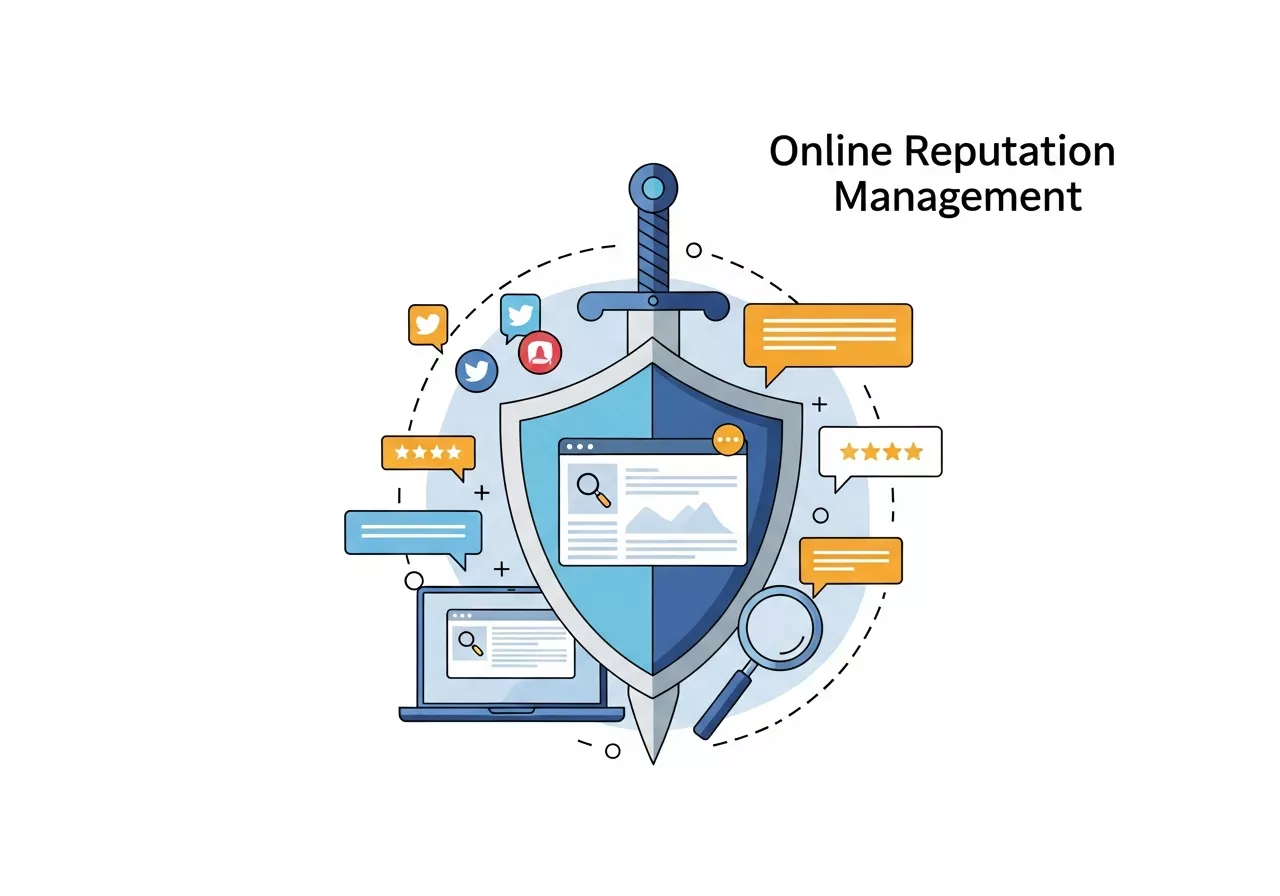
Effective online reputation management serves as both a shield and a sword for your business. As a protective measure, it helps identify potential issues before they escalate into major crises. By monitoring brand mentions across the internet, businesses can quickly respond to concerns, address misunderstandings, and demonstrate their commitment to customer satisfaction.
Proactive reputation management allows businesses to control their narrative. Instead of letting others define your brand, you can actively shape how your company is perceived through strategic content creation, thoughtful social media engagement, and consistent brand messaging across all platforms.
The monitoring aspect of reputation management provides valuable business intelligence. By tracking what customers are saying about your products, services, and competitors, you gain insights that can inform everything from product development to marketing strategies. This feedback loop helps businesses improve their offerings and better meet customer expectations.
Search engine optimization plays a crucial role in reputation protection. When potential customers search for your business name, you want positive, accurate information to appear at the top of search results. Professional reputation management services work to ensure that favorable content ranks higher than any negative material, effectively burying unfavorable content in search results.
Crisis management is another critical component. When negative events occur, having a reputation management strategy in place ensures you can respond quickly and appropriately. This includes knowing which platforms to prioritize, how to craft messages that acknowledge concerns without admitting fault, and when to take conversations offline to resolve issues privately.
The Business Benefits of Proactive Reputation Management
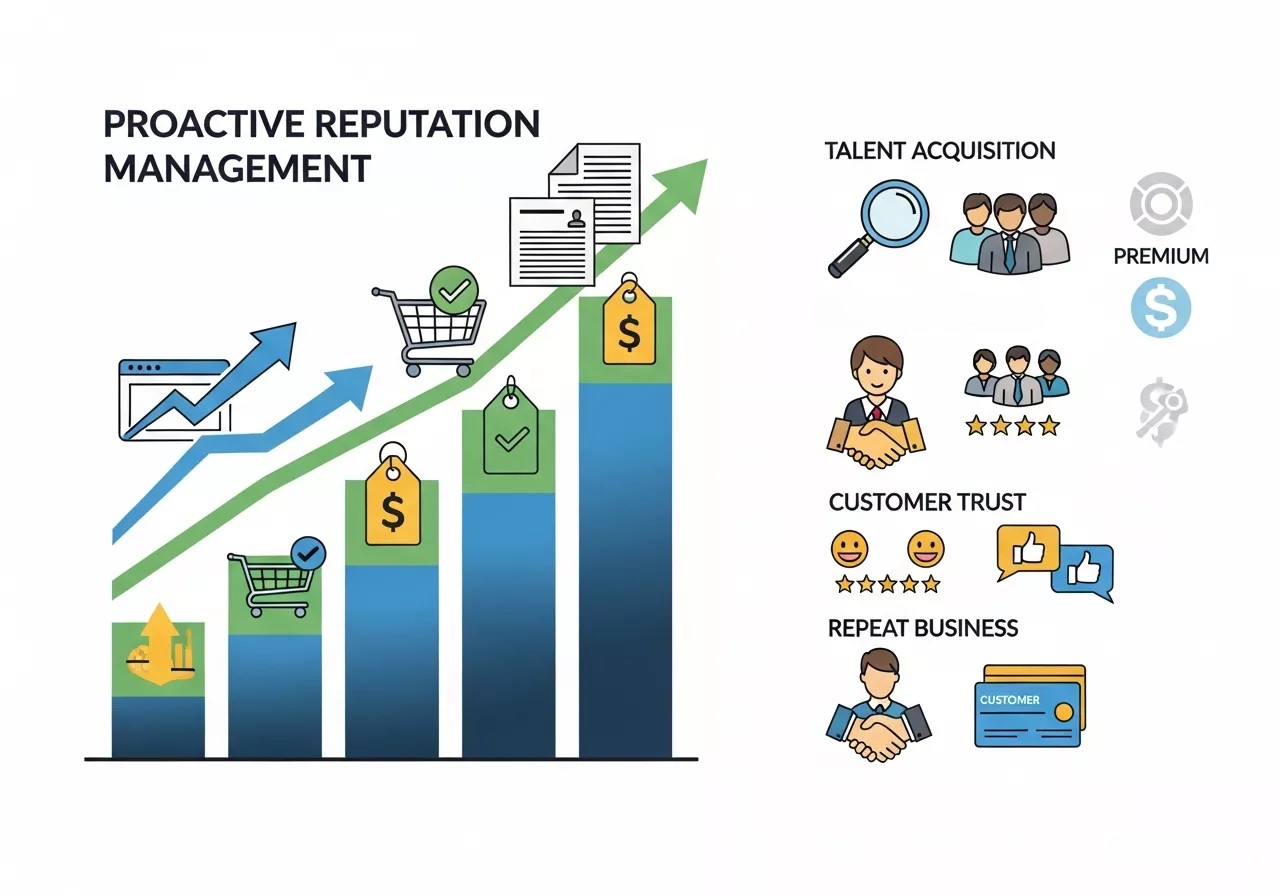
Companies that invest in online reputation management see measurable returns on their investment. Improved online ratings lead to increased website traffic, higher conversion rates, and greater customer lifetime value. Businesses with excellent reputations can also command premium pricing, as consumers are willing to pay more for products and services from trusted brands.
Talent acquisition becomes significantly easier when your company has a strong online reputation. Top candidates research potential employers extensively before applying for positions. A positive digital presence helps attract better employees and reduces turnover, ultimately saving substantial recruitment and training costs.
Customer trust and loyalty increase dramatically when businesses actively manage their online presence. Customers who see that a company responds professionally to feedback—both positive and negative—feel more confident about making purchases. This trust translates into repeat business, positive word-of-mouth marketing, and higher customer retention rates.
The competitive advantage gained through reputation management cannot be overstated. When consumers compare similar businesses, online reputation often serves as the deciding factor. A company with consistently positive reviews and active engagement will outperform competitors with poor or neglected online presence.
Brand reputation management also provides protection against competitor attacks and malicious reviews. Unfortunately, some businesses or individuals may attempt to damage competitors through fake negative reviews or spreading false information. A robust reputation management strategy helps identify these attacks and implement appropriate responses.
Key Components of Effective Reputation Management
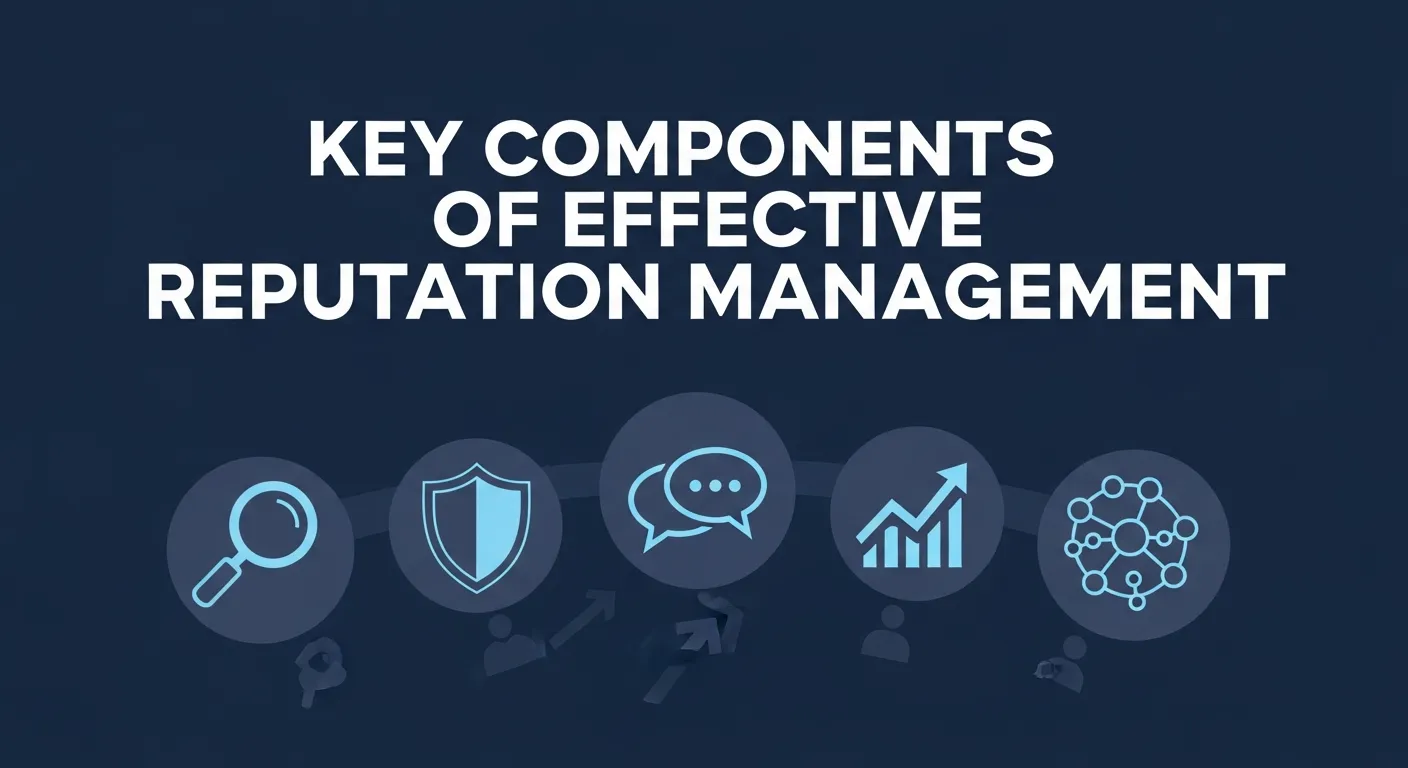
Successful online reputation management requires a comprehensive approach that addresses multiple aspects of your digital presence. Review management forms the foundation of this strategy. This involves monitoring review sites like Google, Yelp, Facebook, and industry-specific platforms, responding professionally to all feedback, and implementing systems to encourage satisfied customers to leave positive reviews.
Social media monitoring and engagement represent another crucial component. Your brand’s social media presence extends beyond your official accounts to include mentions, tags, and discussions happening across various platforms. Effective reputation management includes tracking these conversations and engaging appropriately when necessary.
Content creation and search engine optimization work together to ensure positive information about your business ranks prominently in search results. This involves creating high-quality blog posts, press releases, social media content, and other materials that showcase your expertise and values while incorporating relevant keywords.
Crisis communication planning prepares your business for potential reputation threats. This includes developing response templates for different scenarios, establishing clear approval processes for public statements, and identifying key team members responsible for managing communications during difficult situations.
Regular monitoring and reporting provide the data needed to make informed decisions about your reputation management strategy. This includes tracking metrics like review ratings, sentiment analysis, share of voice compared to competitors, and the reach of both positive and negative content about your brand.
Choosing the Right Reputation Management Services
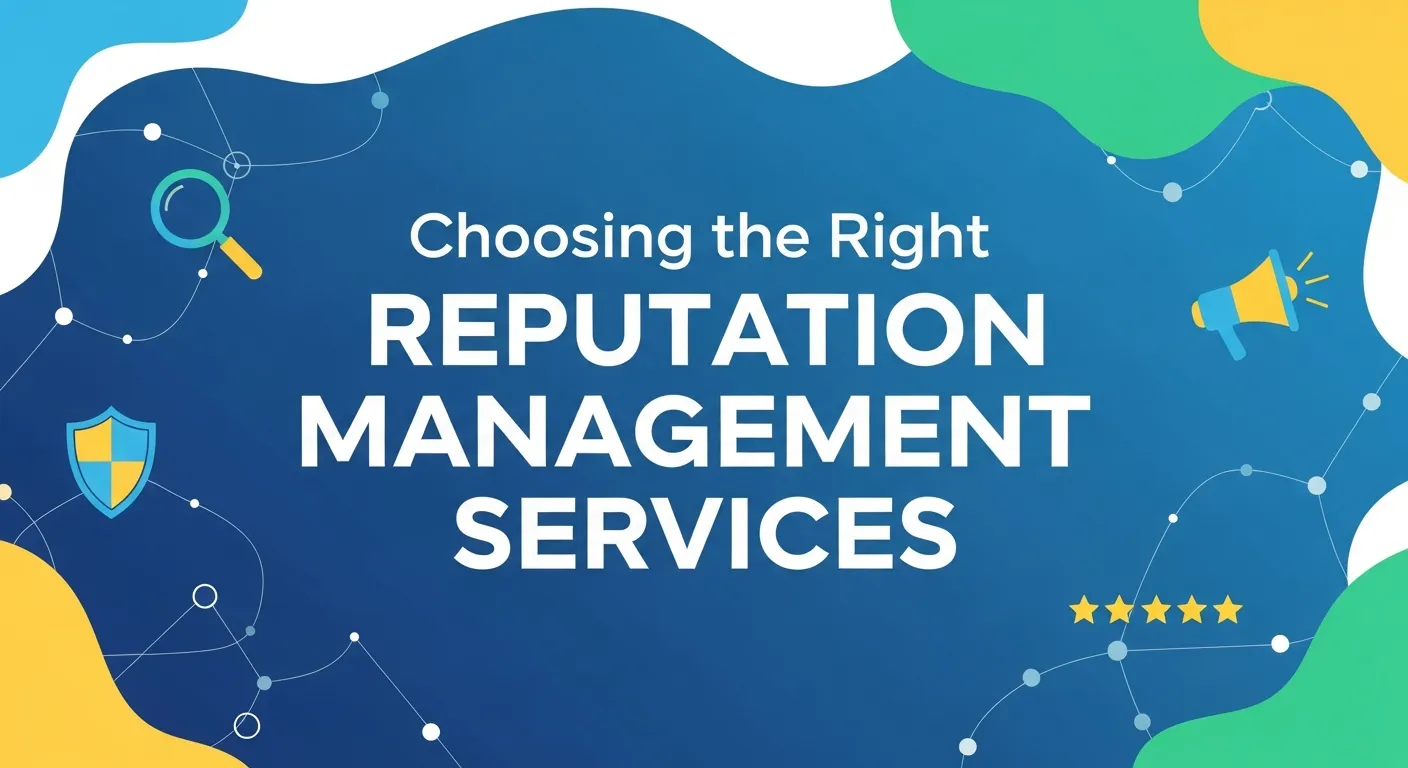
Selecting the appropriate reputation management partner requires careful consideration of your business’s specific needs, budget, and goals. Look for providers with proven experience in your industry, as different sectors face unique reputation challenges and opportunities.
Transparency in reporting and methodology is essential. Your reputation management service should provide regular, detailed reports showing what actions they’ve taken, what results they’ve achieved, and what metrics they’re tracking. Avoid providers who promise unrealistic outcomes or use questionable tactics that could potentially harm your business.
Technology capabilities matter significantly in reputation management. Advanced monitoring tools can track mentions across millions of websites and social platforms, providing comprehensive coverage that manual monitoring simply cannot match. Ask potential providers about their technology stack and how they stay current with emerging platforms and trends.
The human element remains crucial despite technological advances. Look for providers who combine sophisticated monitoring tools with experienced professionals who understand nuance, context, and appropriate response strategies. Automated responses rarely capture the empathy and understanding that effective reputation management requires.
Consider the provider’s approach to crisis management. Reputation threats can emerge at any time, so your chosen service should offer appropriate response times and have experience managing various types of reputation crises. Ask for case studies or examples of how they’ve handled difficult situations for other clients.
Building Long-term Reputation Success

Online reputation management isn’t a one-time fix—it’s an ongoing process that requires consistent attention and strategic thinking. The most successful businesses view reputation management as an integral part of their overall business strategy rather than a reactive service used only during crises.
To build a good reputation in business, companies must invest in authentic customer relationships, deliver consistent value, and remain responsive to feedback across all digital platforms. This involves creating a company culture that prioritizes transparency, integrity, and accountability—qualities that resonate with both customers and stakeholders.
Developing internal capabilities alongside external services creates a more robust reputation management approach. Train your team members to understand how their actions and communications impact your brand’s reputation. This includes customer service representatives, social media managers, and executives who may interact with media or speak at public events.
Regular audits of your online presence help identify new opportunities and potential vulnerabilities. The digital landscape constantly evolves, with new platforms emerging and existing ones changing their algorithms and policies. Staying ahead of these changes ensures your reputation management strategy remains effective.
Building genuine relationships with customers, industry influencers, and media representatives creates a network of advocates who can support your brand during challenging times. These relationships cannot be manufactured overnight—they require consistent, authentic engagement over extended periods.
Measuring success requires establishing clear metrics and regularly evaluating your reputation management efforts. This might include tracking changes in online review ratings, monitoring search result improvements, measuring social media engagement, or assessing the impact on sales and customer acquisition costs.
Take Control of Your Digital Reputation Today
Your business’s online reputation shapes every aspect of your success, from customer acquisition and retention to employee recruitment and partner relationships. The question isn’t whether reputation management is necessary—it’s whether you’ll take proactive steps to protect and enhance your brand before problems arise.
The digital landscape will continue evolving, bringing new opportunities and challenges for business reputation management. Companies that invest in comprehensive reputation management strategies position themselves for sustainable growth and resilience against future threats.
Don’t wait for a reputation crisis to recognize the importance of managing your online presence. Every day you delay is another opportunity for negative content to impact your business or for competitors to gain advantages through superior reputation management.
At SanMo UK, we understand that your reputation is your most valuable business asset. Our comprehensive reputation management services combine advanced monitoring technology with experienced professionals who know how to protect and enhance your brand’s digital presence. Contact us today to learn how we can help safeguard your business’s future through strategic online reputation management.
Frequently Asked Questions (FAQ)
1. What is Online Reputation Management (ORM)?
Online Reputation Management (ORM) is the practice of monitoring and influencing the perception of your business across digital platforms. This involves managing reviews, social media mentions, news articles, and other online content to ensure that positive information about your brand ranks higher than negative content, helping to build trust and credibility with potential customers.
2. Why is Online Reputation Management important for my business?
Your business’s online reputation directly impacts customer trust, sales, and profitability. With 93% of consumers reading online reviews before making a purchase, a good digital reputation can help you attract customers, command premium pricing, and gain a competitive edge. On the other hand, a poor reputation can drive customers away, harm employee recruitment, and damage relationships with partners and investors.
3. How does a negative online review affect my business?
A single negative review can discourage 22% of potential customers from doing business with you, and multiple negative reviews can drive nearly 60% of consumers elsewhere. Negative content, especially if it goes viral, can have long-lasting effects on your business’s reputation, making it more difficult to attract customers and talent.
4. Can I prevent negative reviews from appearing online?
While you can’t fully prevent negative reviews or mentions, you can proactively manage your reputation by responding to negative feedback professionally, addressing concerns promptly, and generating positive reviews from satisfied customers. Reputation management strategies also include improving search engine rankings to ensure positive content appears first when customers search for your brand.
5. How can Online Reputation Management improve my SEO?
ORM involves using search engine optimization (SEO) techniques to ensure that positive, accurate content about your business ranks higher in search results. This could include optimizing blog posts, press releases, and social media content to boost your brand’s visibility and push negative reviews or mentions further down the search results, where they are less likely to be seen by potential customers.
6. Can Online Reputation Management help during a PR crisis?
Yes, ORM is especially crucial during a PR crisis. A reputation management strategy provides you with the tools to respond quickly and effectively to negative events. By crafting appropriate responses and engaging with customers and media strategically, you can mitigate the damage and regain control of the narrative.
7. How do you monitor and manage my business’s online reputation?
We use advanced monitoring tools to track mentions of your brand across websites, review platforms, social media, and news articles. This allows us to monitor sentiment, identify trends, and react quickly to both positive and negative feedback. We also implement strategies like content creation, SEO, and social media engagement to ensure a positive digital presence.
8. What if my business is facing fake or malicious reviews?
If your business is targeted by fake or malicious reviews, reputation management can help identify these attacks and respond appropriately. This may involve reporting fraudulent reviews to platforms, creating a plan to address them publicly, and implementing strategies to encourage authentic reviews from real customers.
9. How long does it take to see results from Online Reputation Management?
The timeline for seeing results depends on the extent of the issues and the strategies implemented. Some improvements, such as better ranking of positive content, may be visible in a few weeks. However, a comprehensive reputation management strategy that involves building a positive online presence and improving customer sentiment can take several months to show significant results.
10. Can Online Reputation Management help with talent acquisition?
Yes, a positive online reputation can help attract top talent. Job candidates often research potential employers online, and a company with a strong digital presence can stand out as a desirable workplace. An active and positive online reputation can reduce turnover and make recruitment efforts more successful.
11. How do I choose the right Online Reputation Management service?
When selecting an ORM provider, consider their experience in your industry, the technology they use for monitoring, their approach to crisis management, and their transparency in reporting results. Look for a provider who combines sophisticated tools with human expertise to offer a personalized approach to managing your reputation.

